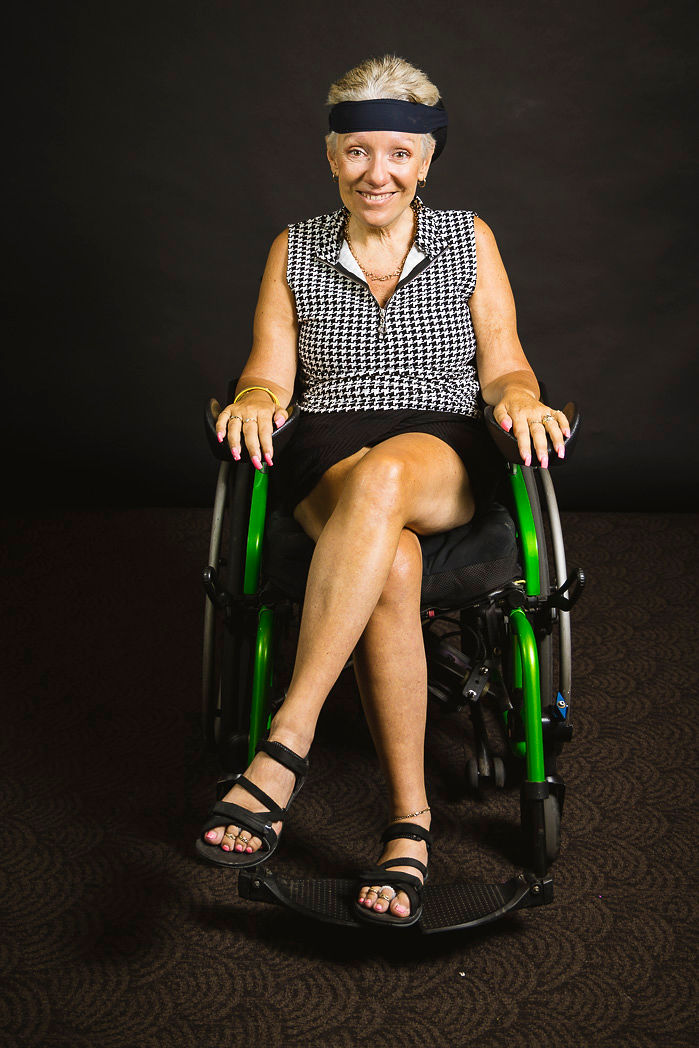We often hear the word “resilience,” but what does it really mean on a biological level? How does our brain actually adapt when we’re faced with stress? Turns out, there’s some fascinating science behind resilience, and understanding it can help us develop strategies to become stronger and more adaptable in the face of life’s challenges.
What is Resilience?
Resilience is essentially your brain’s ability to recover from stress and keep functioning even when things go wrong. Think of it like a mental and emotional muscle that gets stronger the more you use it. And just like with physical fitness, building resilience takes effort and consistency – but the good news is, it’s something we can all improve over time.
The Brain’s Stress Response: Fight or Flight
When faced with a stressful situation, our brains kick into survival mode. The amygdala, the part of your brain responsible for emotions, sends out a distress signal that triggers the “fight or flight” response. This is why your heart races, your palms get sweaty, and your mind starts racing when you’re under stress. Your body is preparing to either fight the stressor or escape from it.
While this response is helpful in real danger, it’s less useful when you’re just dealing with an overflowing inbox or a tense meeting. But here’s where resilience comes in.
The Role of Neuroplasticity: Rewiring Your Brain
Your brain is incredibly adaptable, thanks to something called neuroplasticity. This is the brain’s ability to reorganise itself by forming new neural connections. When we experience stress, neuroplasticity allows the brain to learn from these situations, adapt, and improve our response to future stressors.
In other words, the more you practise resilience, the more your brain wires itself to handle stress better. Your prefrontal cortex – the part of the brain responsible for rational thinking and decision-making – actually gets stronger, helping you stay calm and focused under pressure.
How Mindfulness and Meditation Help Build Resilience
Mindfulness and meditation are two powerful tools for training your brain to become more resilient. When you practise mindfulness, you activate the prefrontal cortex and reduce the activity in the amygdala. Over time, this helps you regulate your emotions better and reduce the fight-or-flight response to everyday stress.
Studies have shown that people who practise mindfulness regularly have greater emotional control, improved focus, and lower levels of anxiety and depression. Essentially, you’re training your brain to respond to stress in a healthier way.
Resilience and Your Emotional “Set Point”
Did you know that everyone has a kind of emotional baseline, called an emotional “set point,” which determines how we naturally react to challenges? Some people are naturally more resilient than others, but this set point isn’t fixed. With practice, you can shift your emotional set point upward, making it easier to handle setbacks with a positive attitude.
This means that even if you’re not naturally resilient, you can become more so by regularly practising techniques that strengthen your brain’s ability to adapt. Every time you face a challenge and bounce back, you’re not just surviving – you’re training your brain to thrive under stress.
What Happens When Resilience is Low?
If your resilience is low, the brain’s stress response can easily get out of hand. You might find yourself feeling overwhelmed more often, overreacting to small issues, or experiencing prolonged periods of anxiety. In the long term, chronic stress can even lead to burnout, depression, or physical health problems like high blood pressure and weakened immunity.
On the flip side, building resilience helps your brain stay calm and composed, even during stressful moments. You’ll find it easier to handle everyday challenges, from work stress to personal life struggles, without feeling emotionally drained.
Ready to Build Your Resilience?
The key to building resilience is knowing where you stand. That’s why we’ve created the Resilience Evaluation Tool – to help you assess your current resilience level and identify areas for improvement. Once you know where you’re starting, you can take simple steps to train your brain and strengthen your resilience over time.
Remember, resilience isn’t about avoiding stress. It’s about bouncing back stronger each time life throws something unexpected your way. So, why not start today?



